The Process of Rezoning Land in Middle Tennessee: A Step-by-Step Guide

Rezoning land is a critical step in transforming a property to meet new needs or to align with evolving community goals. Whether you're a developer, investor, or property owner in Middle Tennessee, understanding the rezoning process is essential to ensuring your project moves forward smoothly.
What is Rezoning?
Rezoning is the legal process of changing the designated use of a particular piece of land, as defined by local zoning ordinances. Zoning classifications typically include categories like residential, commercial, industrial, and agricultural. By rezoning a property, you can change its permissible use, such as converting a residential lot into commercial space or expanding agricultural land for industrial development.
Why Rezoning Might Be Necessary
Rezoning can be necessary for various reasons, including:
- Changing Land Use: You may want to change the use of your property to better align with market demands or personal goals, such as developing a residential subdivision on what is currently zoned as agricultural land.
- Maximizing Property Value: Rezoning can increase the value of your property by allowing for more profitable uses.
- Community Development: Rezoning can contribute to broader community development plans, such as expanding commercial areas or creating new housing developments.
The Rezoning Process in Middle Tennessee
The rezoning process in Middle Tennessee involves several key steps, and it's important to understand each one to navigate the process successfully.
1. Initial Research and Consultation
Before beginning the rezoning process, it’s essential to conduct thorough research. This includes:
- Understanding Current Zoning: Review the current zoning classification of your property and the permitted uses. This information is typically available through your local zoning or planning department.
- Consulting with a Professional: Engaging with a real estate attorney, land planner, or zoning consultant can provide valuable insights into the feasibility of your rezoning request.
2. Pre-Application Meeting
Many local governments in Middle Tennessee require or recommend a pre-application meeting with planning staff. During this meeting, you can:
- Discuss Your Plans: Outline your intentions for the property and get feedback from planning officials.
- Identify Potential Issues: Planning staff can help you identify any potential obstacles, such as community opposition or environmental concerns.
3. Submit a Rezoning Application
If the pre-application meeting goes well, the next step is to submit a formal rezoning application. This typically involves:
- Completing the Application Form: Provide detailed information about the property, the current zoning classification, and the proposed new zoning.
- Supporting Documentation: Include maps, site plans, and any studies (e.g., traffic impact, environmental assessments) required by the local government.
- Application Fee: Be prepared to pay a fee, which varies depending on the jurisdiction.
4. Public Notice and Hearing
Once your application is submitted, the local government will schedule a public hearing. This step usually includes:
- Public Notice: A notice of the rezoning request is published in local newspapers, and nearby property owners are notified.
- Community Involvement: Community members are given the opportunity to voice their support or concerns during the hearing. It’s crucial to be prepared to address any issues raised by the public.
5. Planning Commission Review
After the public hearing, your application will be reviewed by the local Planning Commission. They will consider factors such as:
- Consistency with the Comprehensive Plan: The Commission will assess whether the rezoning aligns with the community’s long-term development goals.
- Impact on the Surrounding Area: Consideration will be given to how the rezoning will affect traffic, infrastructure, and local services.
6. Final Decision by the Governing Body
Following the Planning Commission’s recommendation, the final decision on your rezoning request is made by the local governing body, such as the City Council or County Commission. They will:
- Vote on the Rezoning Request: The governing body will approve, deny, or potentially modify your rezoning request.
- Conditions of Approval: If approved, there may be conditions attached to the rezoning, such as requirements for infrastructure improvements or limitations on the type of development.
7. Post-Approval Steps
If your rezoning request is approved, there are still a few steps to complete:
- Amend the Zoning Map: The local government will update its zoning map to reflect the change.
- Apply for Necessary Permits: Depending on your plans, you may need to apply for building permits, site plan approvals, or other development-related permits.
Conclusion
Rezoning land in Middle Tennessee is a complex process that requires careful planning, community engagement, and a thorough understanding of local regulations. By following the steps outlined above and seeking professional guidance when needed, you can increase your chances of a successful rezoning that benefits both your property and the broader community.
For more detailed information or assistance with your rezoning project, consider reaching out to local experts who specialize in Middle Tennessee real estate and land use planning.

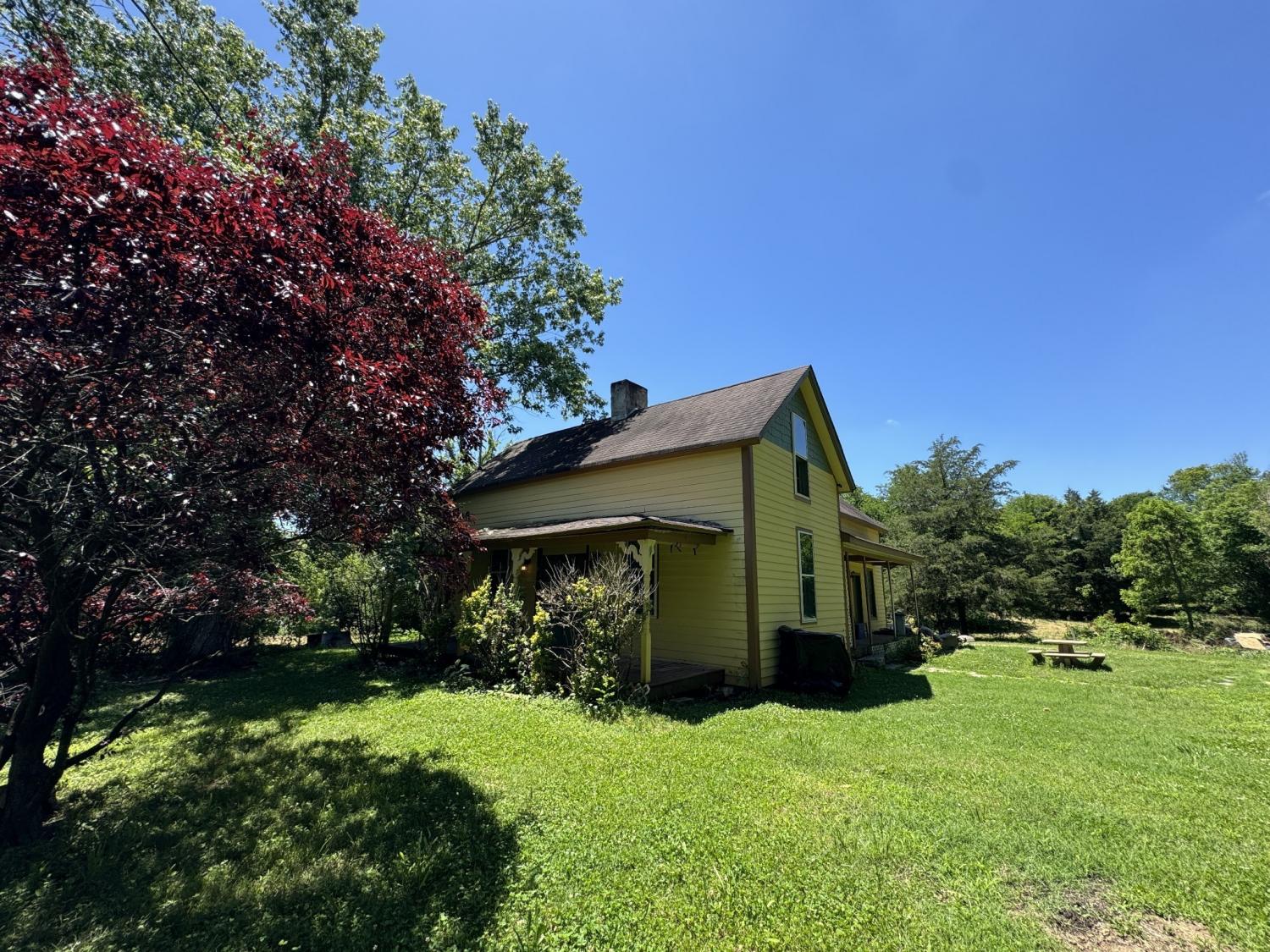
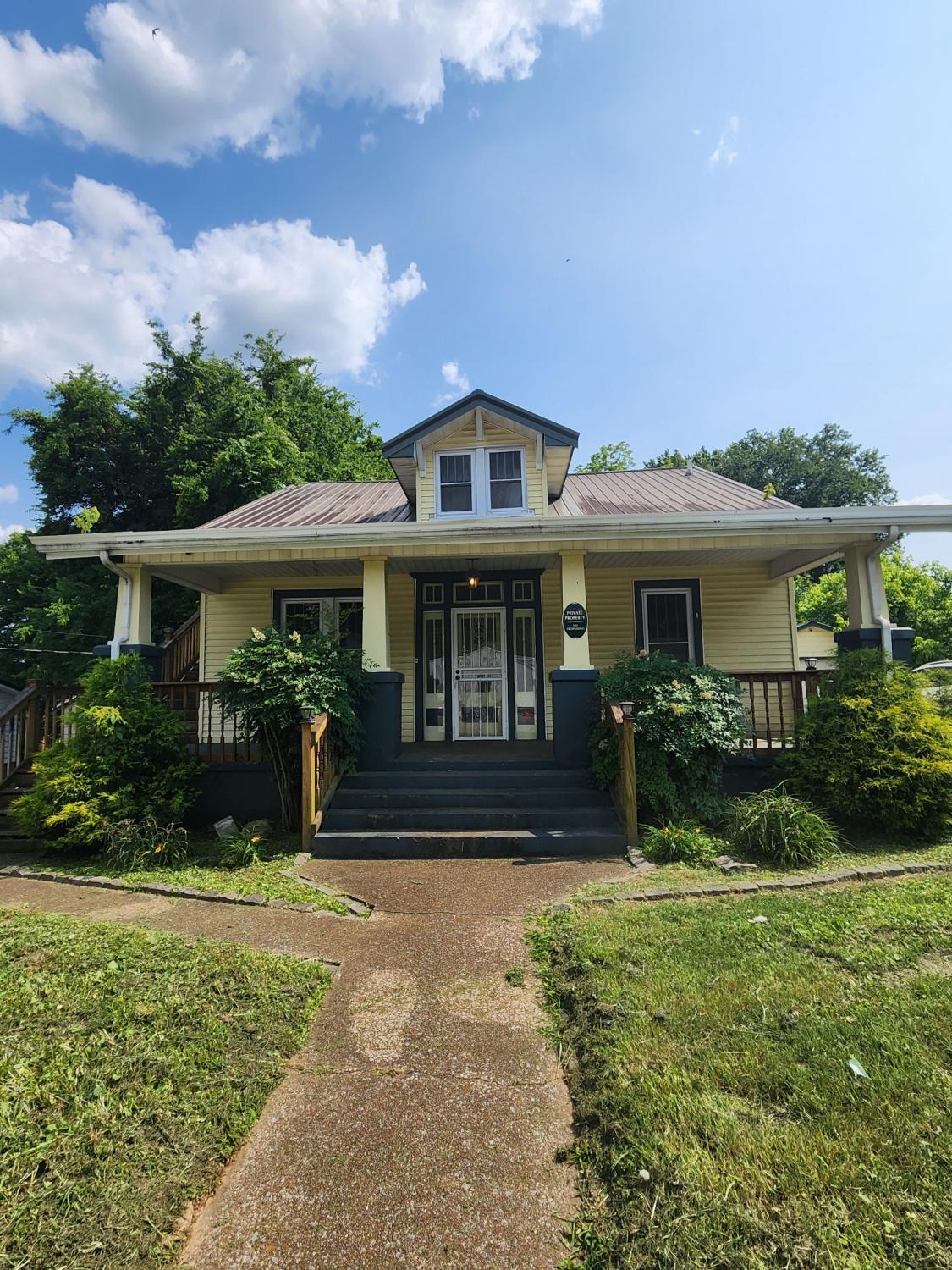
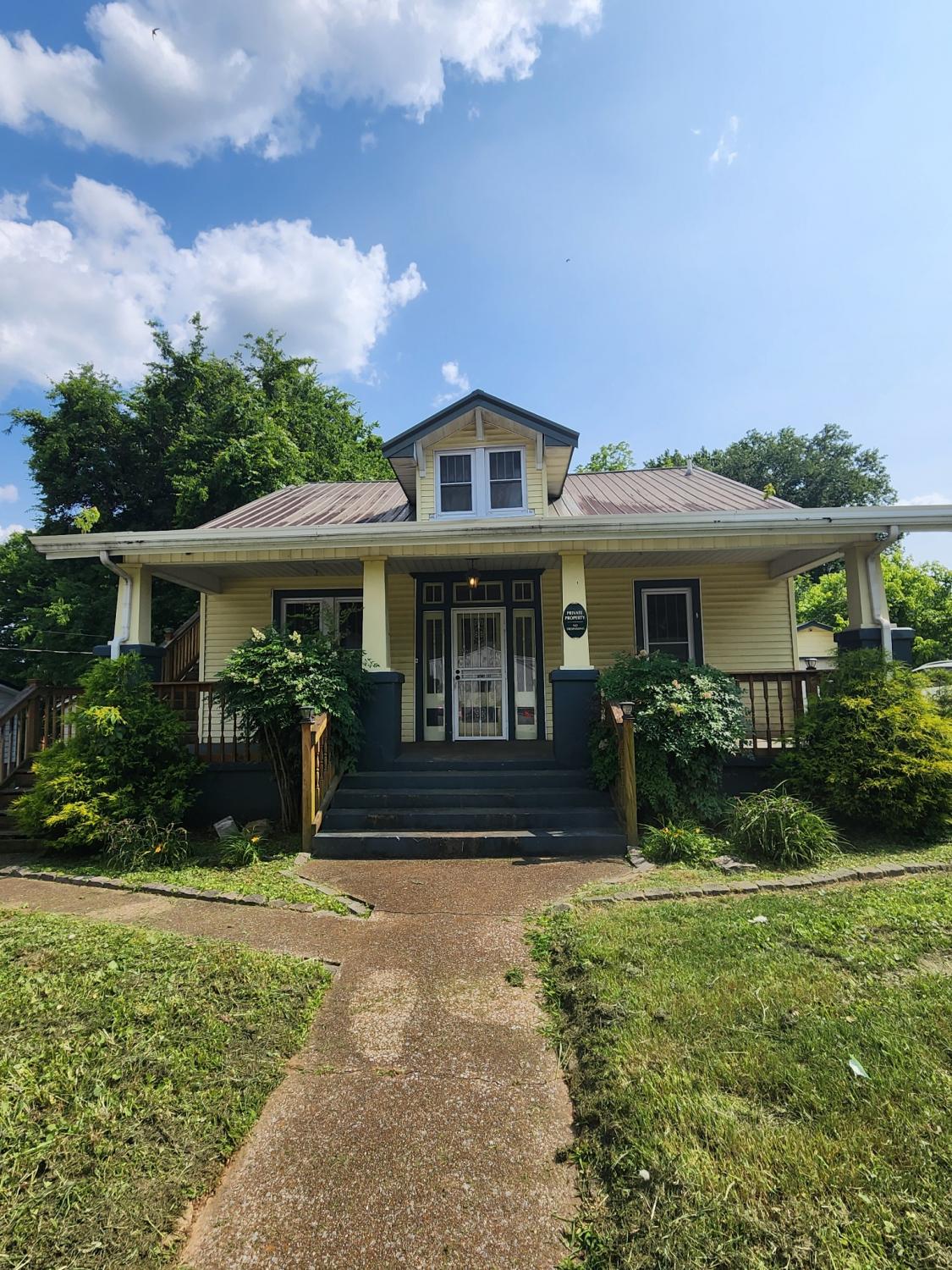
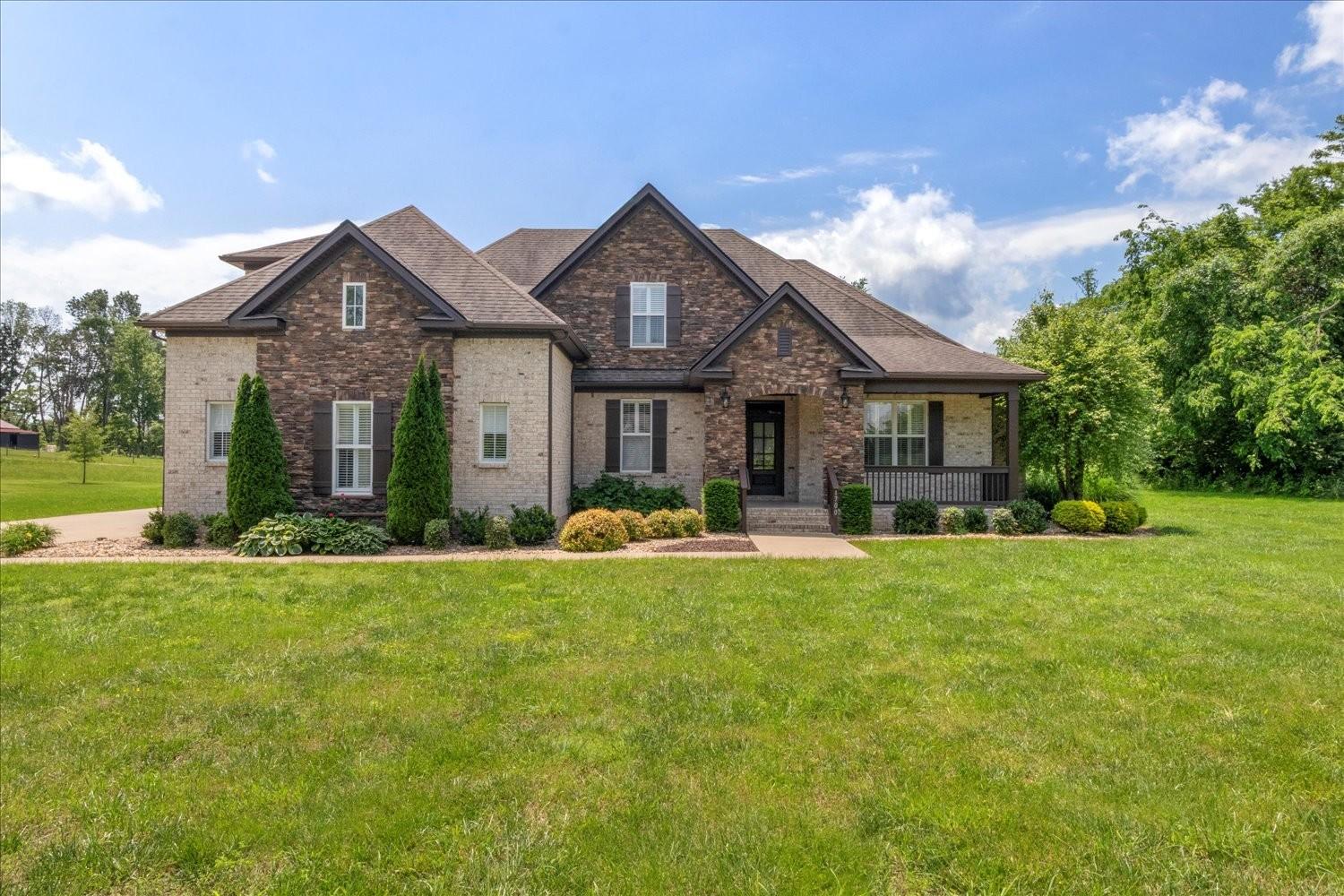
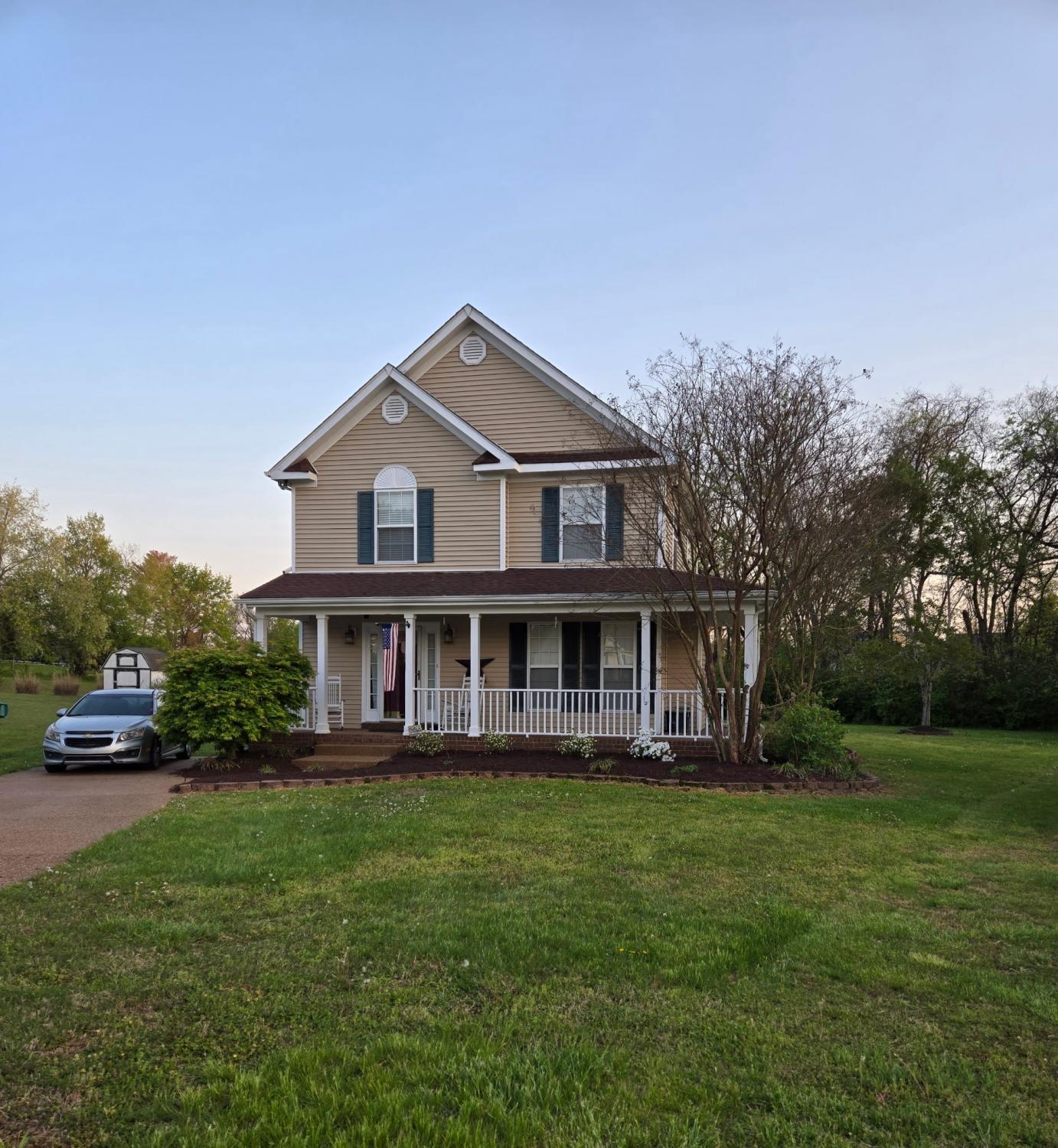
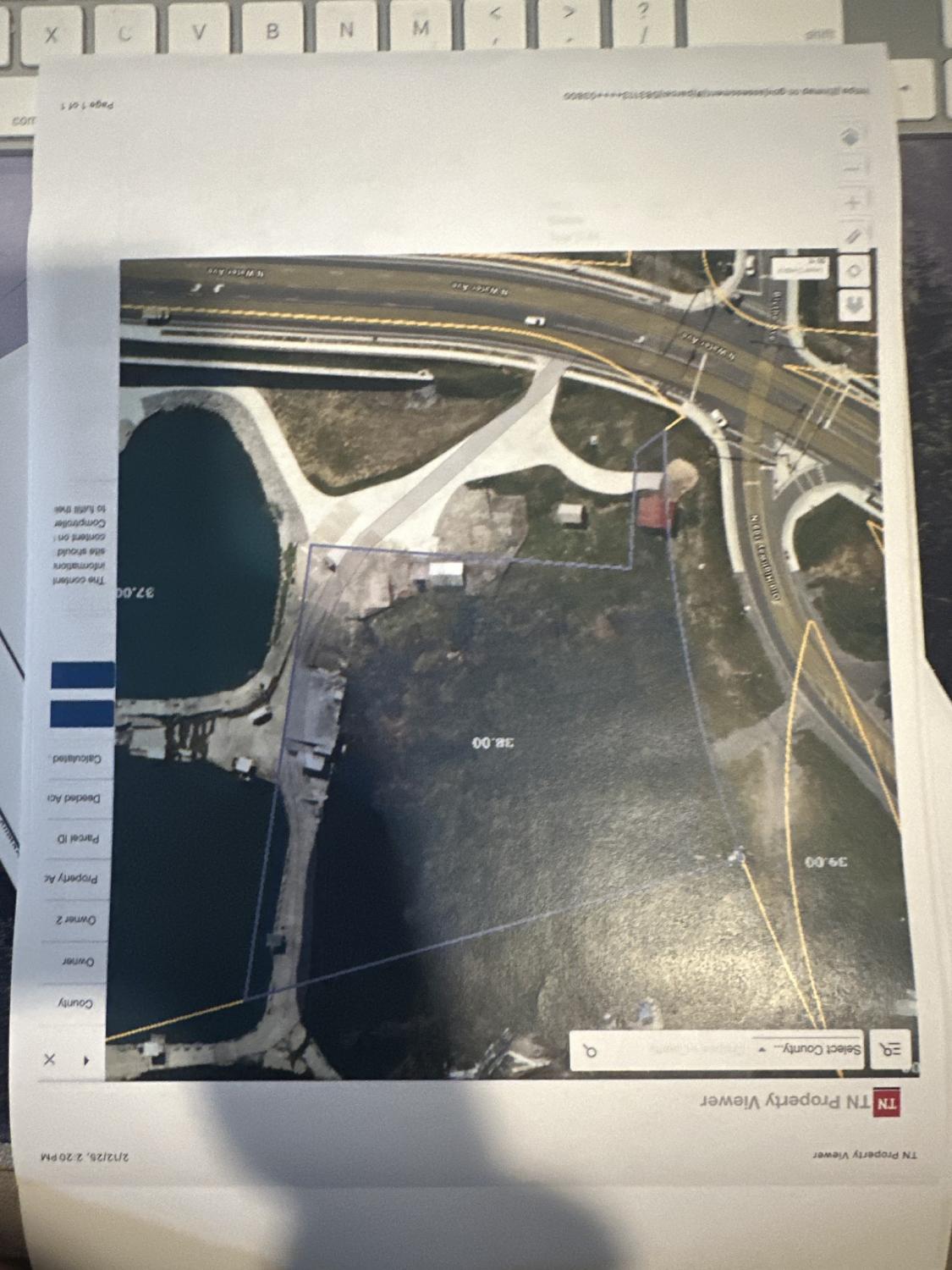
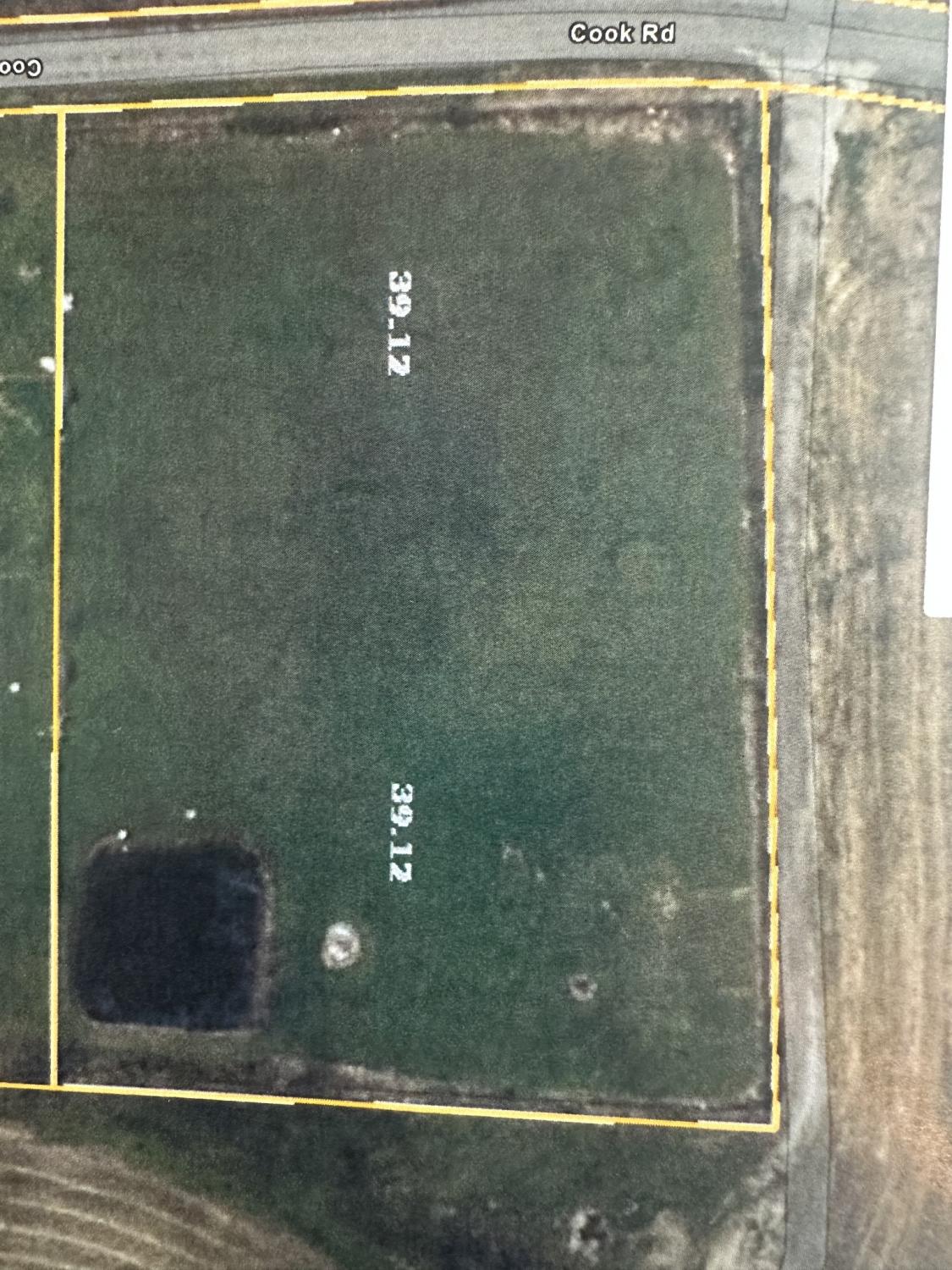
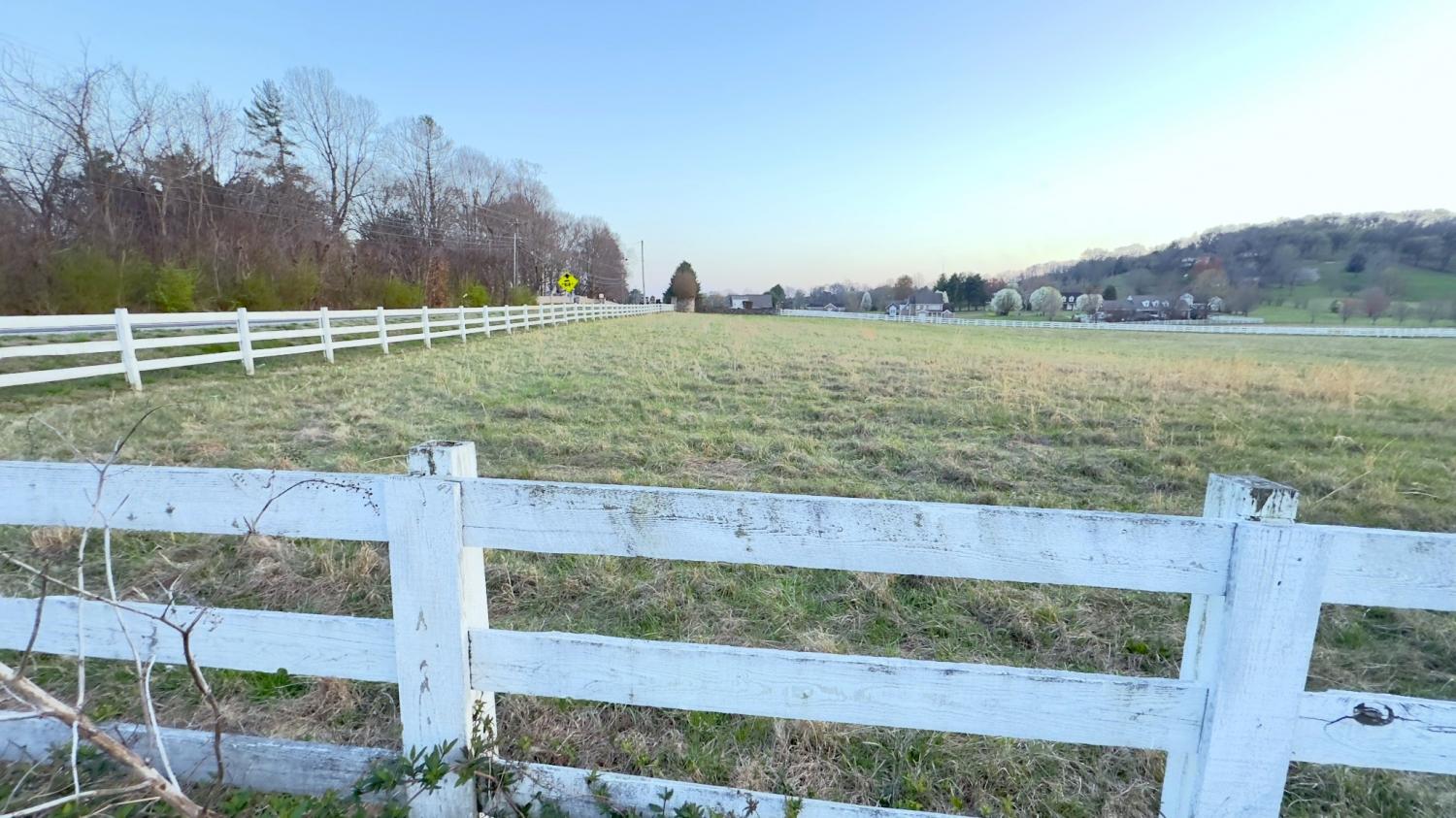
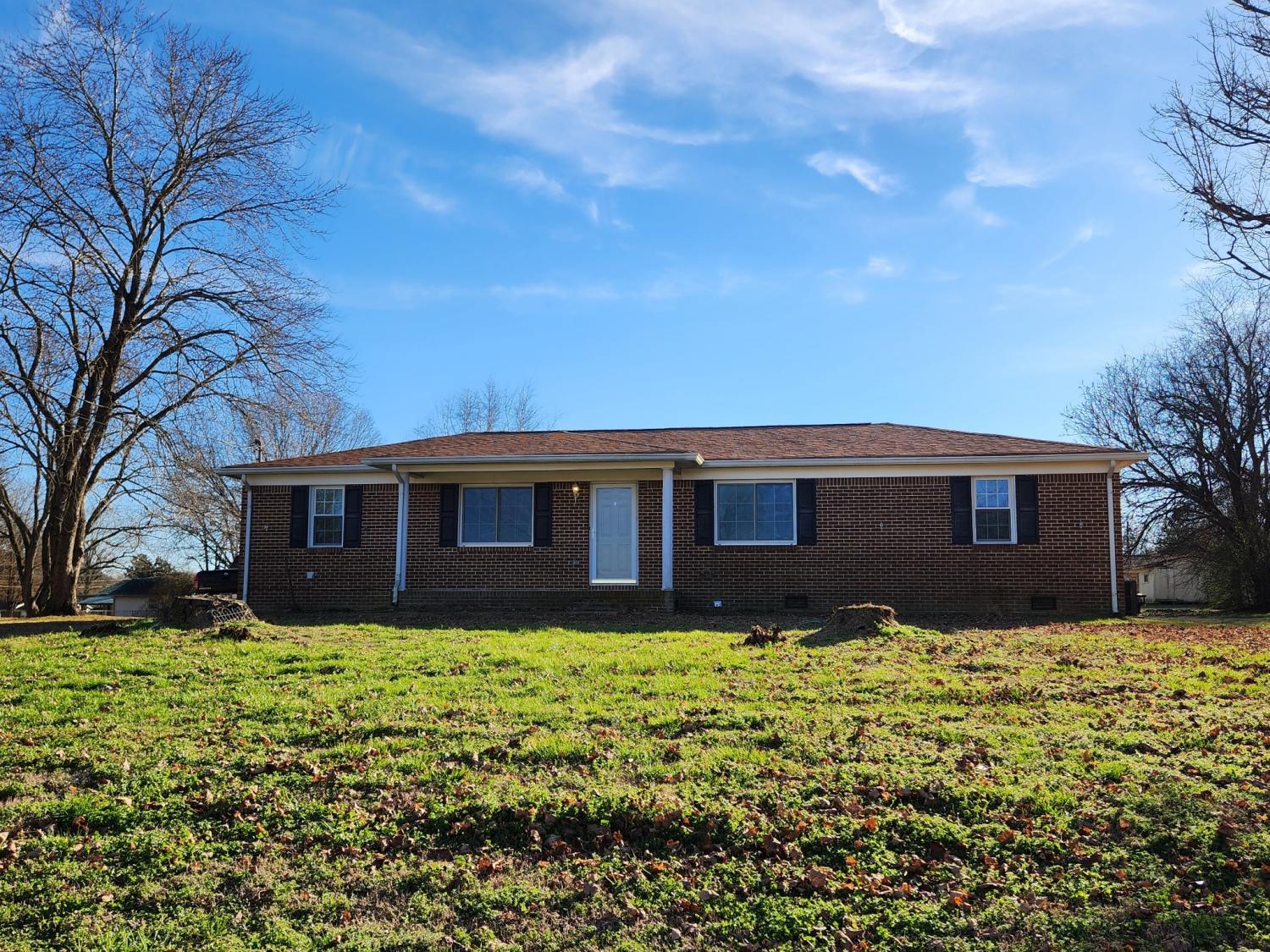
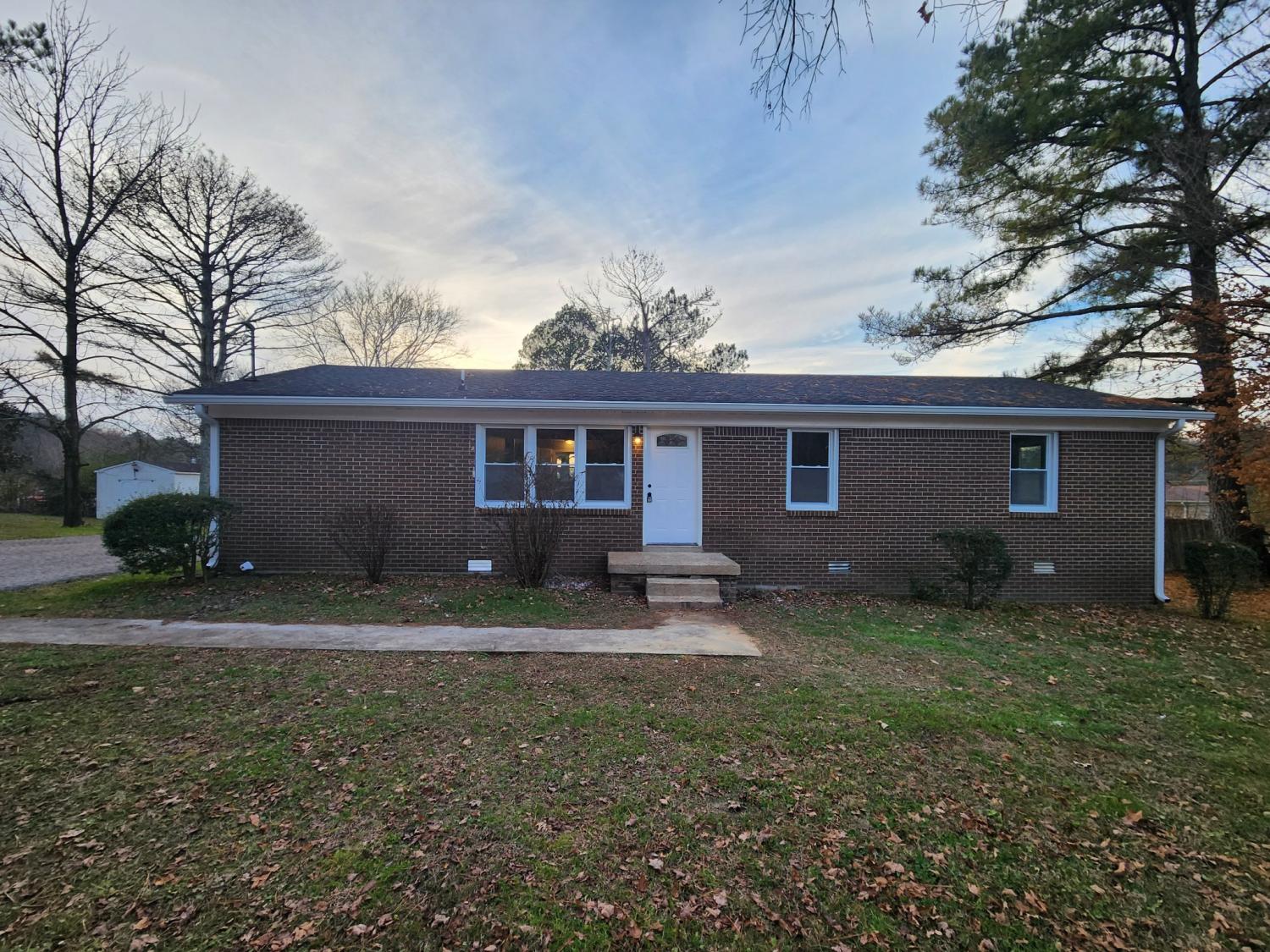

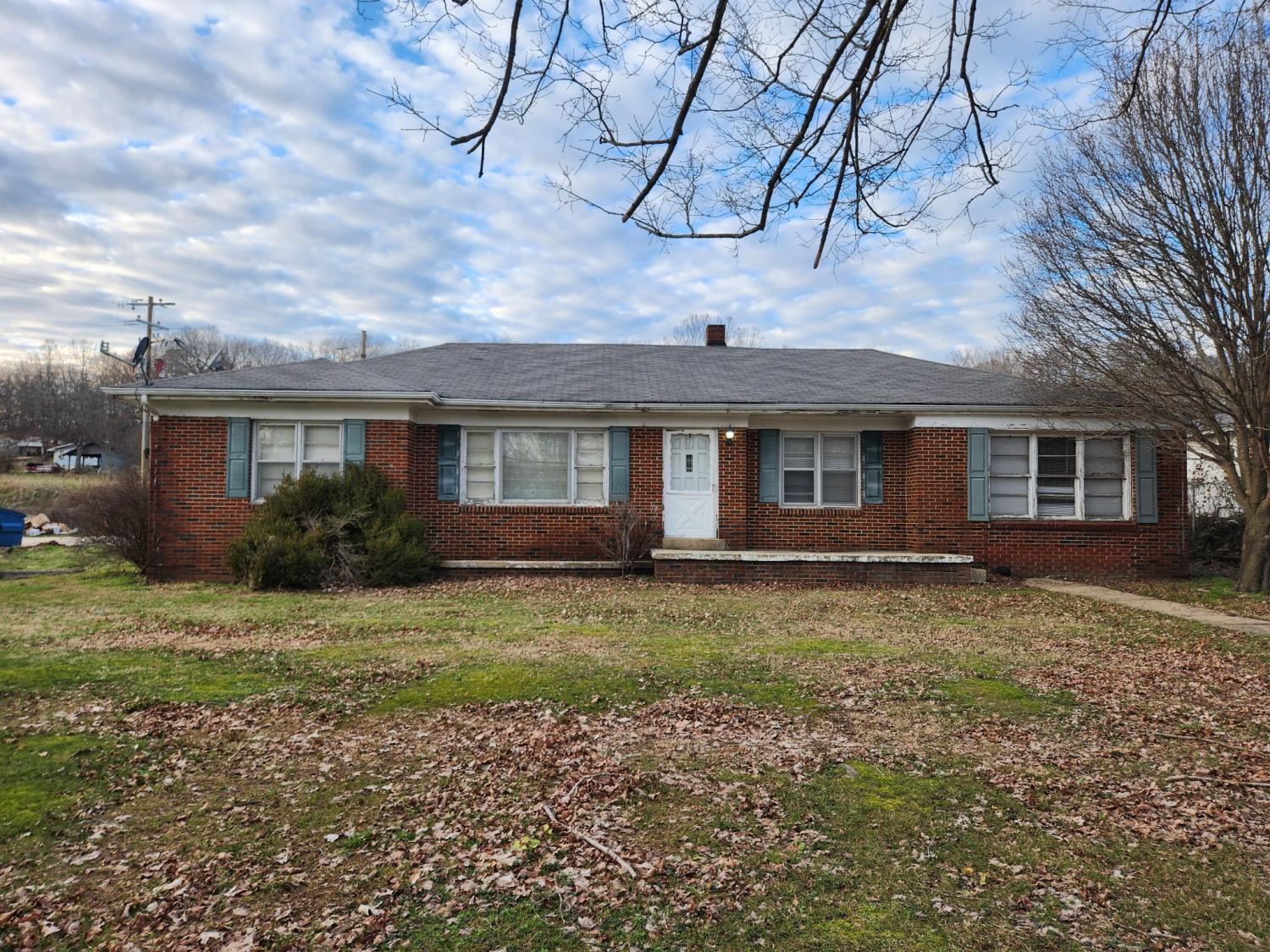
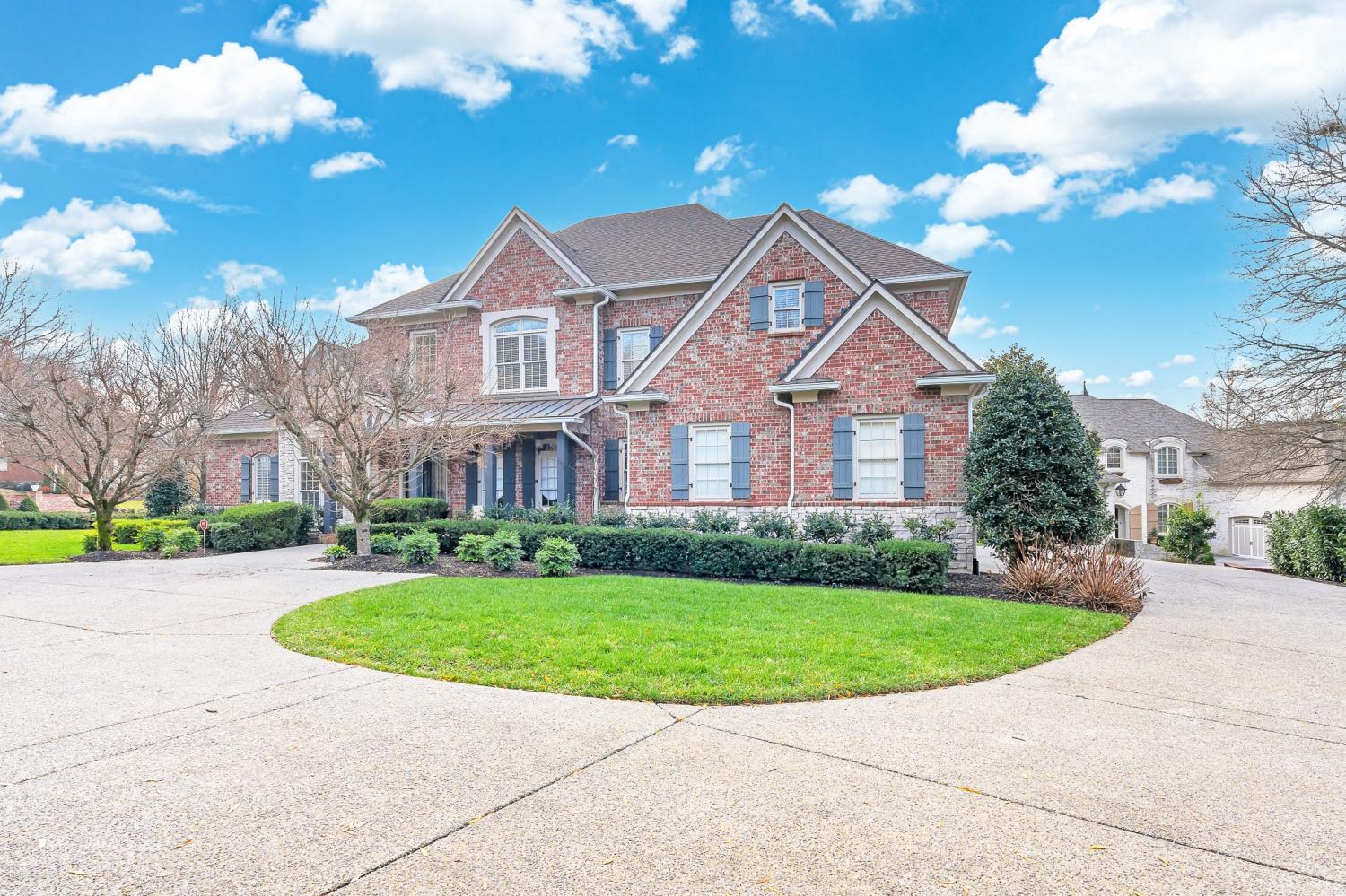
 © 2026 Listings courtesy of RealTracs, Inc. as distributed by MLS GRID. IDX information is provided exclusively for consumers' personal non-commercial use and may not be used for any purpose other than to identify prospective properties consumers may be interested in purchasing. The IDX data is deemed reliable but is not guaranteed by MLS GRID and may be subject to an end user license agreement prescribed by the Member Participant's applicable MLS. Based on information submitted to the MLS GRID as of February 24, 2026 10:00 AM CST. All data is obtained from various sources and may not have been verified by broker or MLS GRID. Supplied Open House Information is subject to change without notice. All information should be independently reviewed and verified for accuracy. Properties may or may not be listed by the office/agent presenting the information. Some IDX listings have been excluded from this website.
© 2026 Listings courtesy of RealTracs, Inc. as distributed by MLS GRID. IDX information is provided exclusively for consumers' personal non-commercial use and may not be used for any purpose other than to identify prospective properties consumers may be interested in purchasing. The IDX data is deemed reliable but is not guaranteed by MLS GRID and may be subject to an end user license agreement prescribed by the Member Participant's applicable MLS. Based on information submitted to the MLS GRID as of February 24, 2026 10:00 AM CST. All data is obtained from various sources and may not have been verified by broker or MLS GRID. Supplied Open House Information is subject to change without notice. All information should be independently reviewed and verified for accuracy. Properties may or may not be listed by the office/agent presenting the information. Some IDX listings have been excluded from this website.